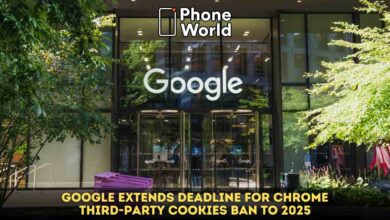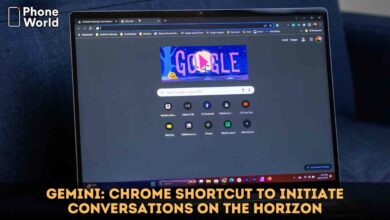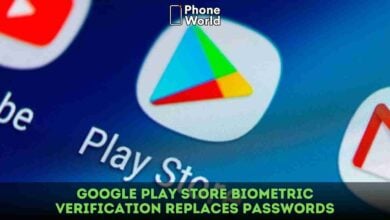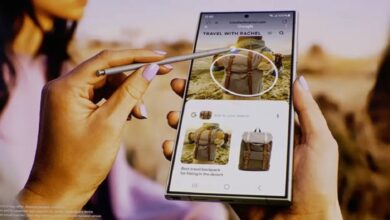Google Sends Our Personal Information 70 billion Times in a Day

An auction for your eyes is happening behind the scenes every time you open an application on your phone or browse the web. All because of the growing market for personal data. The extent of that market has always been challenging to estimate. Still, new research from the Irish Council for Civil Liberties, which has long pushed in the United States and Europe to limit the trade of digital data, has finally put a number on it.
Last week, Google’s annual software and hardware expo featured a pair of smart translation glasses alongside Pixel phones, watches, and headphones. When you put them on, real-time “subtitles” show on the lenses as you watch someone speak another language. That’s fantastic. However, the glasses are not available for purchase. They’re also unlikely to produce nearly as much money as Google’s parent firm, Alphabet Inc., does from advertising. Advertising accounted for around $ 54 billion of the company’s total revenue of $ 68 billion for the quarter ended March 31, 2022.
According to the report, ad platforms send placement data and browsing behaviours for Americans and Europeans roughly 178 trillion times every year, according to the council. According to the analysis, Google sends the same data to both regions more than 70 billion times per day.
Even while machines calculate such quantities daily, humans struggle to comprehend them — yet if the exhaust of our personal data could be seen in the same way that pollution can, we would be enveloped by an almost impenetrable cloud that thickens. We use our phones more and more. Another way to put it is: An individual in the United States is exposed to real-time bidding 747 times each day based on internet activity and location.
The Concern
The sheer volume of data broadcasted every day is no laughing matter: it highlights the reality that we are surrounded by entities who acquire data, ostensibly to improve our lives, but then sell it to the highest bidder. Ambient computing includes smart speakers, fitness trackers, and augmented reality glasses, to name a few examples. We don’t know how the data acquired by these gadgets will be used. Last week, Vice reported that San Francisco police had requested footage from Cruise. It is a self-driving car firm owned by General Motors, to aid their investigation. The SFPD denied that the tapes will be used for continuous surveillance.
Also read: That’s How Folding Screens Work
PTA Taxes Portal
Find PTA Taxes on All Phones on a Single Page using the PhoneWorld PTA Taxes Portal
Explore NowFollow us on Google News!






